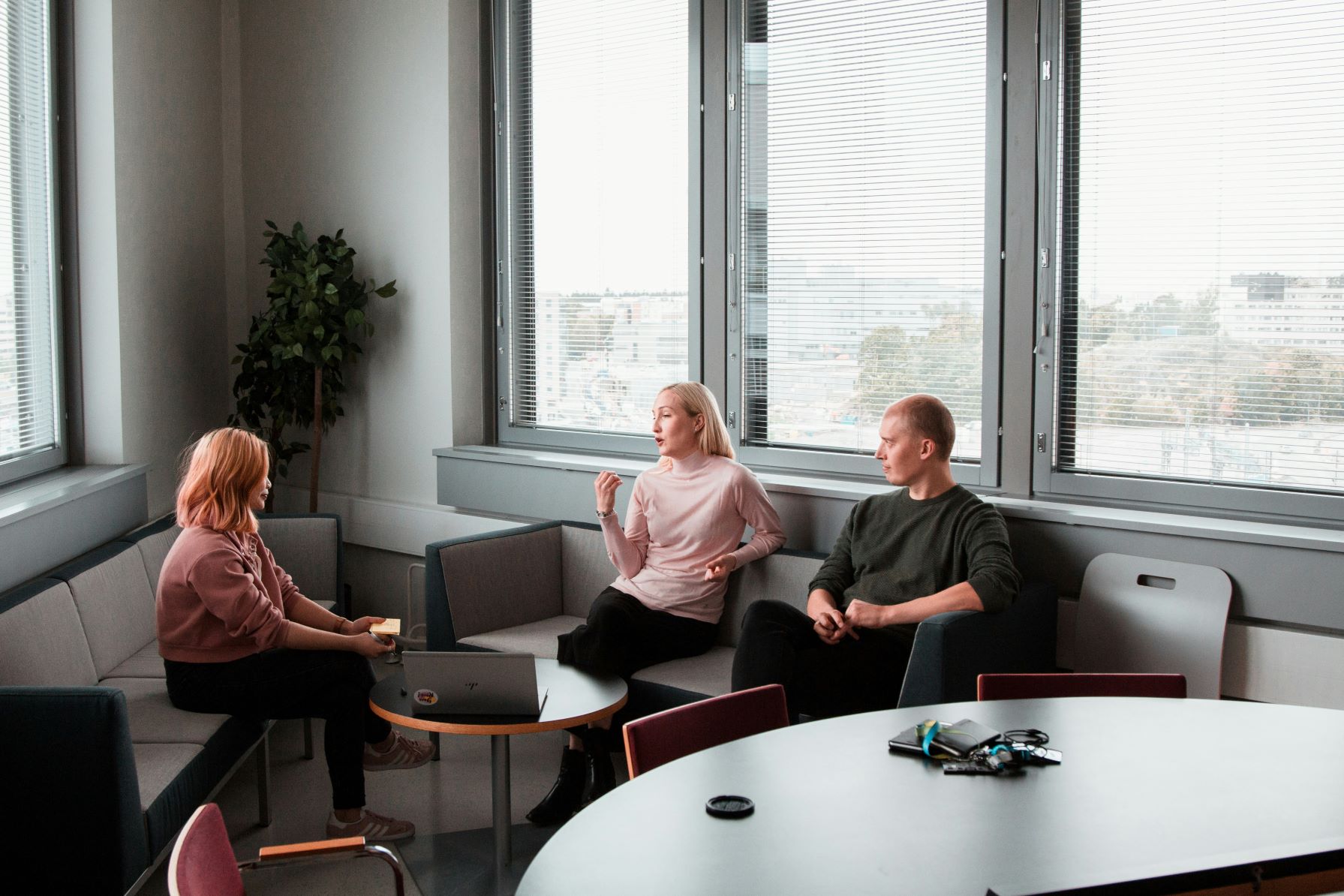Choosing the right web designer for your business is a crucial decision that can significantly impact your online presence and success. With countless web designers and agencies available, asking the right questions during the hiring process is essential to find the perfect match for your project. In this comprehensive guide, we’ll explore the key questions you need to ask to ensure you make an informed decision.
Understanding Their Experience and Expertise
When evaluating potential web designers, it’s crucial to understand their background and capabilities. This knowledge helps ensure they have the skills necessary to bring your vision to life.
Portfolio Analysis
A web designer’s portfolio is their visual resume. Ask to see examples of their previous work, particularly projects similar to what you envision. Pay attention to the diversity of designs, functionality, and overall aesthetic appeal. This gives you insight into their creative range and technical capabilities.
Industry-Specific Experience
Understanding their experience in your specific industry can be invaluable. While not always necessary, designers familiar with your sector often better understand your target audience and industry-specific requirements.
Technical Capabilities and Development Process
The technical aspects of web design are just as important as the creative elements. Understanding how your potential designer approaches these aspects is crucial.
Development Methodology
Ask about their step-by-step process from initial concept to final launch. A structured approach indicates professionalism and helps ensure project success. At Runningfish, we follow a proven methodology that includes detailed planning, regular client communication, and thorough testing phases.
Technology Stack
Understanding what technologies and platforms they use helps ensure compatibility with your needs. This includes content management systems, hosting solutions, and any third-party integrations they typically work with.
Project Management and Communication
Clear communication and effective project management are essential for a successful web design project. These questions help ensure smooth collaboration throughout the process.
Communication Protocols
Establish how often you’ll receive updates and through what channels. Regular communication helps prevent misunderstandings and ensures the project stays on track.
Timeline and Milestones
Here are the key project phases you should discuss:
- Initial Planning Phase: Typically 1-2 weeks for requirement gathering, wireframing, and initial design concepts. This foundational stage sets the direction for the entire project and includes detailed discussions about your goals, target audience, and desired functionality.
- Design and Development: Usually 3-6 weeks, depending on project complexity. This phase involves creating the visual design, developing functionality, and implementing features based on the approved plan.
- Testing and Refinement: 1week for thorough testing across different devices and browsers, ensuring everything works flawlessly before launch.
Cost Structure and Pricing
Understanding the financial aspects of your web design project is crucial for budgeting and avoiding surprises.
Budget Breakdown
Ask for a detailed breakdown of costs, including:
- Design and development hours
- Content creation and integration
- Third-party tools or plugins
- Hosting and maintenance fees
- Post-launch support and updates
Payment Terms
Discuss payment schedules, milestone payments, and what deliverables are tied to each payment phase. This helps ensure both parties are clear on expectations and obligations.
Security and Maintenance
Website security and ongoing maintenance are crucial for long-term success. These questions help ensure your website remains secure and up-to-date.
Security Measures
Understanding the security protocols and measures implemented during development helps protect your website and user data.
Maintenance Plans
Discuss ongoing maintenance requirements and available support packages to keep your website running smoothly after launch.
Mobile Responsiveness and User Experience
In today’s mobile-first world, ensuring your website performs well across all devices is crucial.
Mobile Design Approach
Understand how they approach mobile responsiveness and ensure your website will provide an excellent user experience across all devices.
Performance Optimization
Discuss their strategies for optimizing website speed and performance, crucial factors for both user experience and SEO.
SEO and Digital Marketing Integration
Your website should be designed with search engine optimization in mind from the start.
SEO Best Practices
Understanding their approach to implementing SEO best practices during development helps ensure your website is optimized for search engines from day one.
Marketing Integration
Discuss how they can integrate various marketing tools and analytics platforms into your website design.
Content Management and Training
Ensuring you can manage your website after launch is crucial for long-term success.
Content Management System
Understand what CMS they recommend and why, along with how user-friendly it is for your team.
Training and Documentation
Discuss what training and documentation they provide to help your team manage the website effectively.
Quality Assurance and Testing
Understanding their quality assurance process helps ensure your website launches without issues.
Testing Procedures
Learn about their testing protocols and how they ensure everything works perfectly before launch.
Browser Compatibility
Discuss which browsers and devices they test on to ensure broad compatibility.
Post-Launch Support
Understanding the support available after your website launches helps ensure long-term success.
Support Packages
Discuss available support options and response times for various issues that might arise.
Future Updates
Understand how they handle future updates and improvements to keep your website current.
Legal and Administrative Matters
Addressing legal aspects upfront helps prevent issues down the road.
Contract Terms
Review contract terms, including intellectual property rights, warranties, and liability clauses.
Project Ownership
Clarify who owns the website, content, and various components after completion.
Hire a Web Designer
Ready to start your web design project? Runningfish, San Diego’s premier web design agency, is here to help bring your vision to life. Our experienced team combines creativity with technical expertise to deliver stunning, high-performing websites that drive results. Contact us today for a free consultation and let’s discuss how we can create a website that exceeds your expectations.

